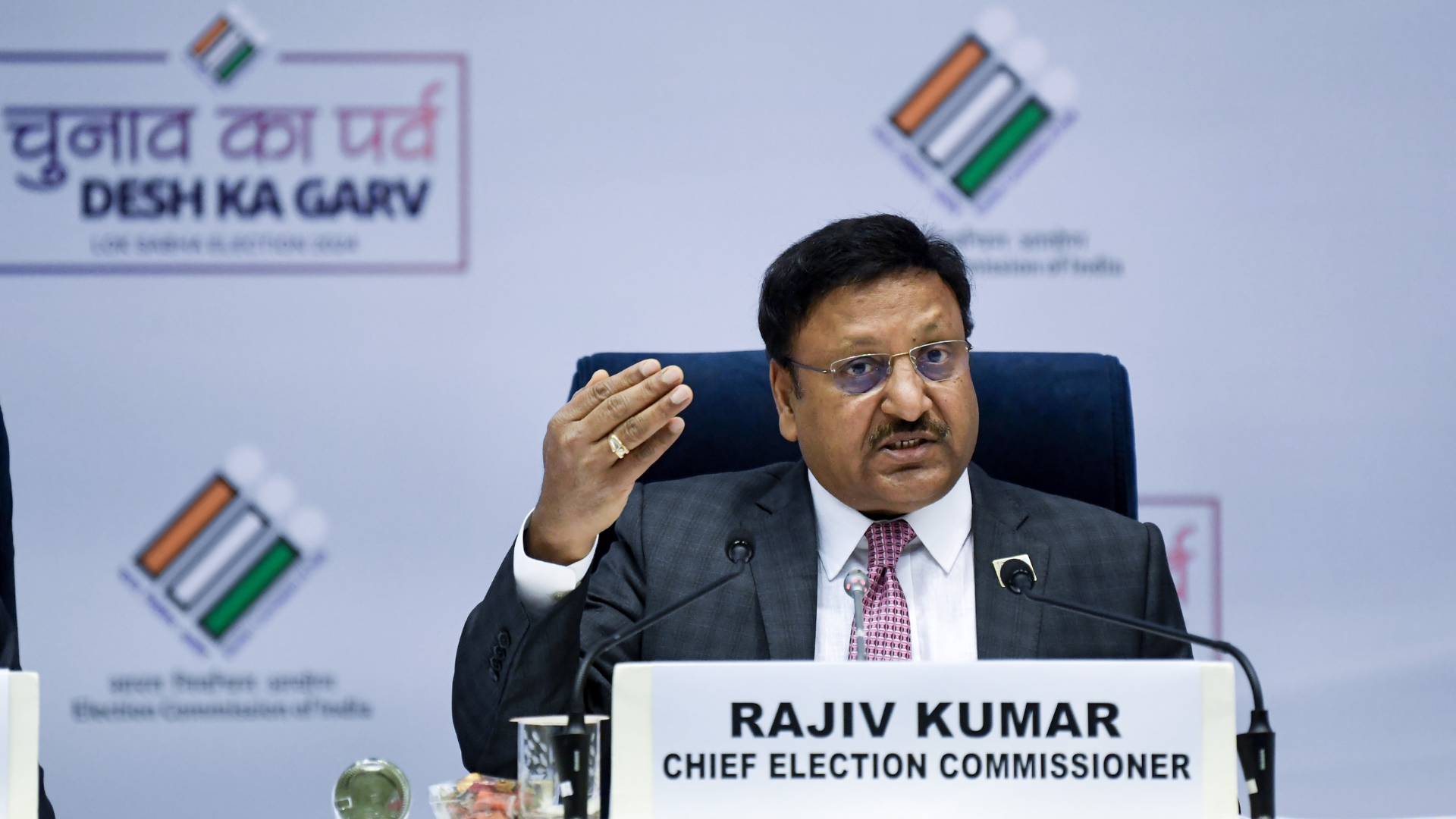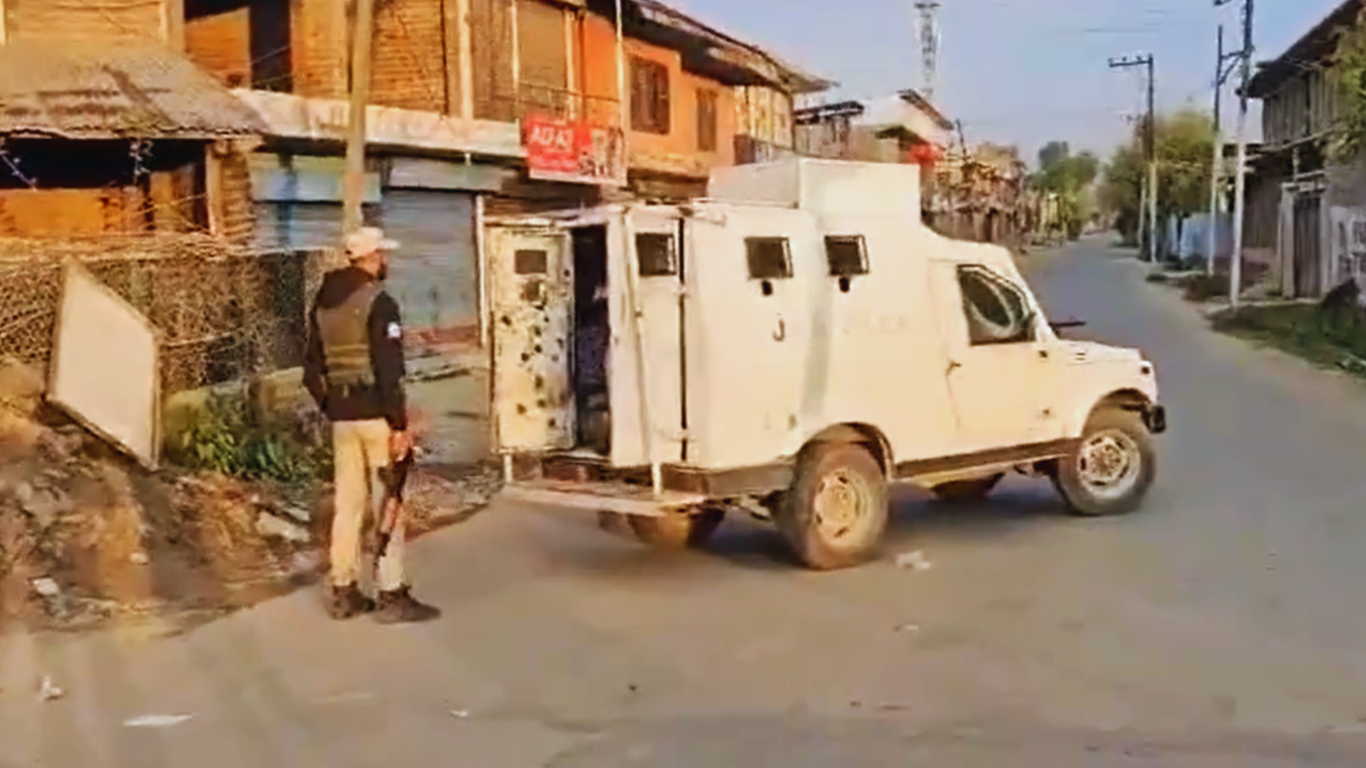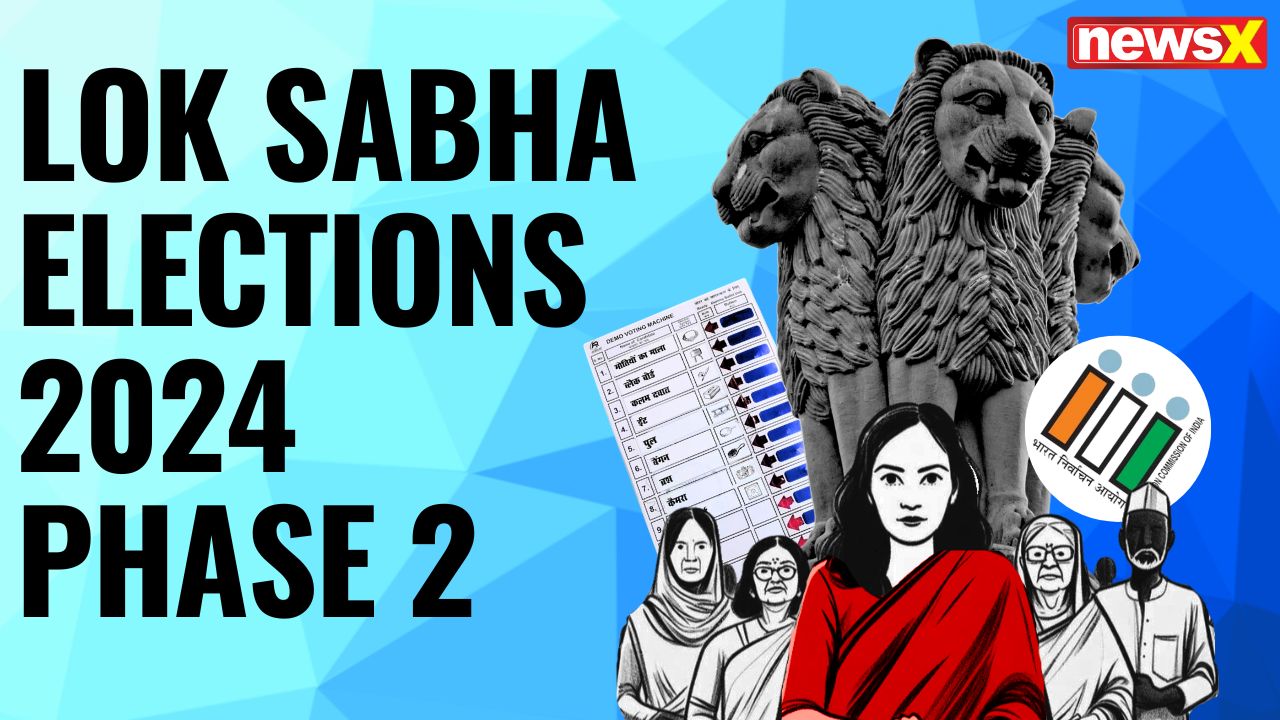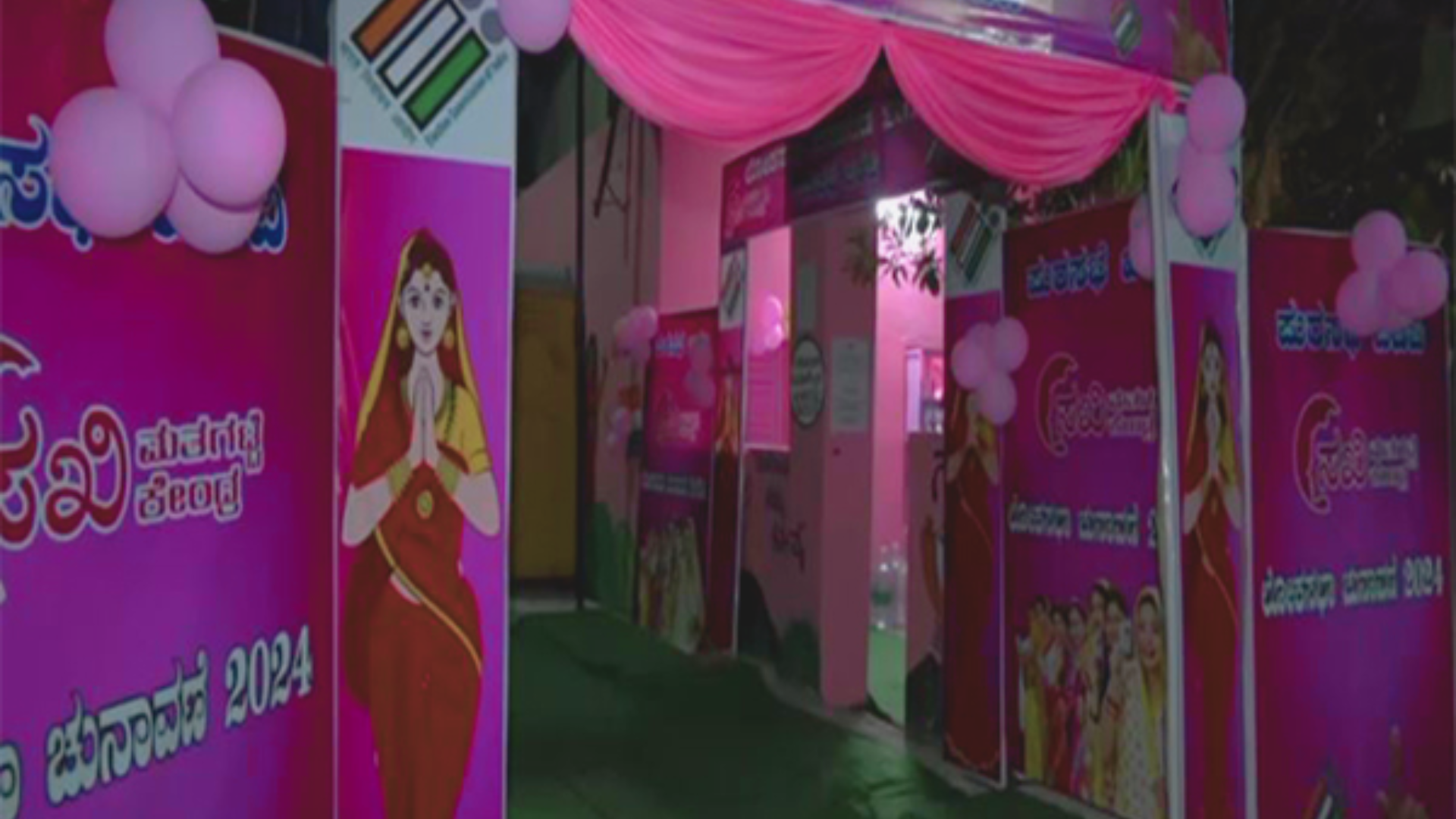




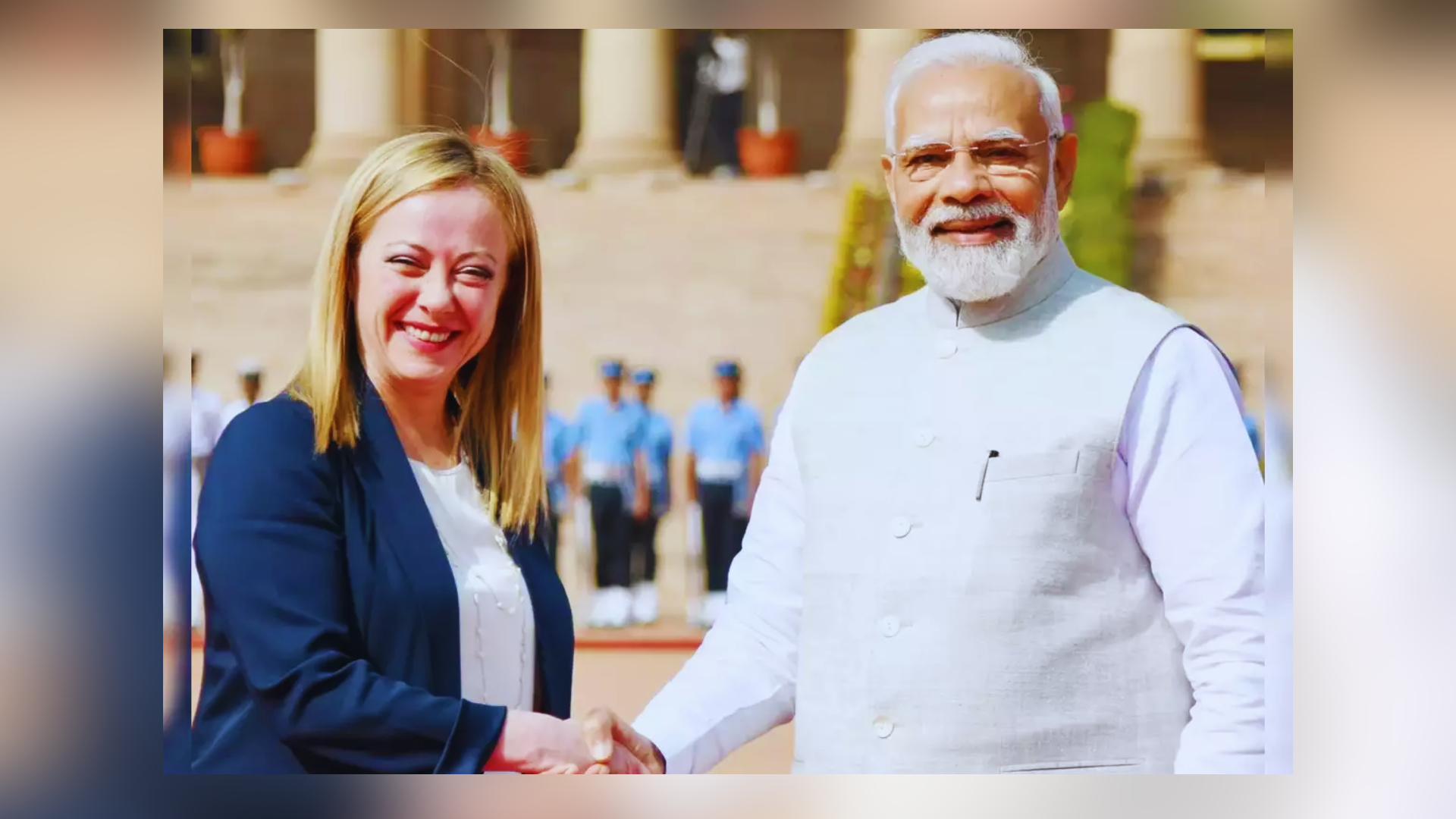


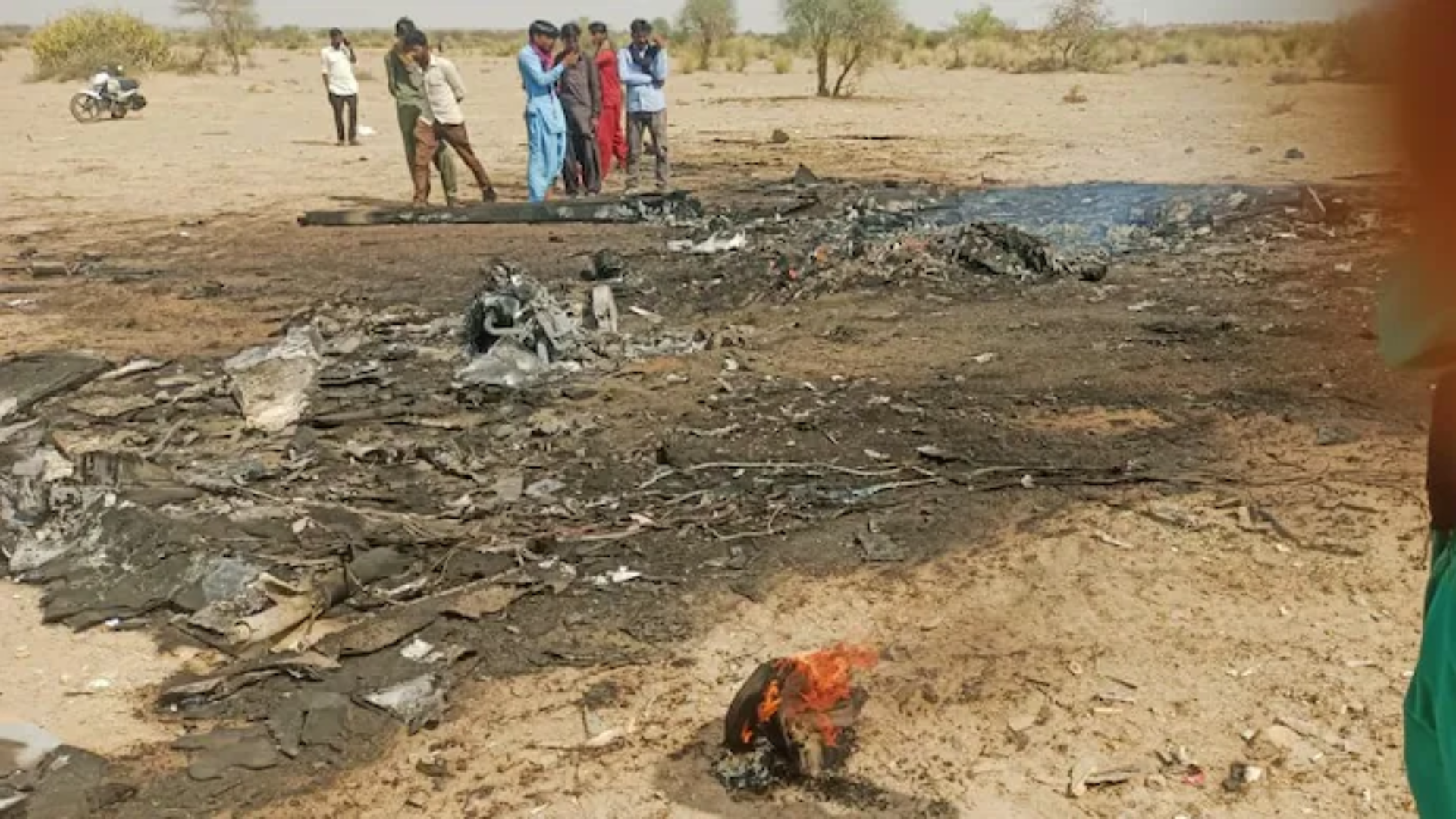
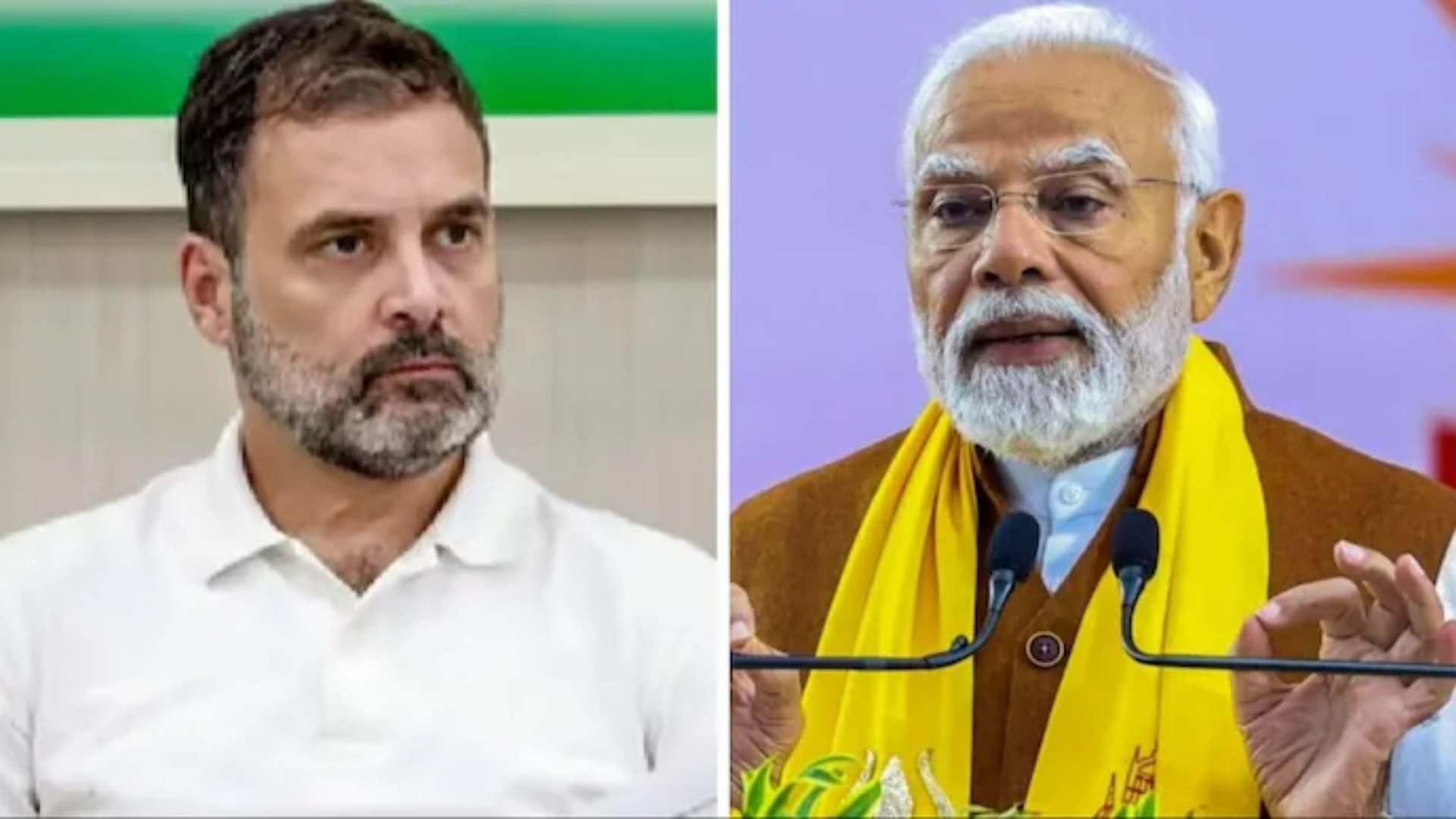

On Monday, the Supreme Court dismissed the bail plea of former Delhi Deputy Chief Minister Manish Sisodia in connection with the Delhi excise scam. The court further instructed that the trials related to the cases investigated by both the Central Bureau of Investigation (CBI) and the Enforcement Directorate (ED) against Sisodia should be concluded within the upcoming 8 months.
A bench consisting of Justices Sanjiv Khanna and SVN Bhatti, in a concise ruling, stated, “We have addressed several uncertain aspects. However, one key aspect involving the transfer of ₹338 crore appears to be tentatively established. Consequently, we have denied the bail application.”
The court rejected Sisodia’s bail petitions for both cases and stipulated that the trial should be concluded within a period of 6-8 months. The bench further clarified that if the trial progresses slowly or inadequately within the first 3 months, the petitioner has the right to seek bail.
Regarding cases falling under the Prevention of Money Laundering Act (PMLA), the provision of bail is governed by Section 45, which mandates that bail can be granted only when the court is convinced that there are reasonable grounds to believe that the accused is not guilty of the alleged offense and will not commit any further offenses while on bail.
Sisodia faced allegations of modifying the 2021 Delhi excise policy, which has since been scrapped, to favor a group of liquor dealers known as the South Group. These changes were purported to have led to financial losses for the government by increasing the profit margins for this group under the revised policy.
The Central Bureau of Investigation (CBI) has already filed chargesheets against the senior Aam Aadmi Party (AAP) leader under the Prevention of Corruption (PC) Act. Simultaneously, the Enforcement Directorate (ED) asserted that beneficiary companies paid a kickback of ₹100 crore, with Sisodia allegedly aiding them in generating proceeds of the crime by raising the profit margin from the existing 5% to 12% through the new policy. The transfer of ₹338 crore was a pivotal component of the ED’s complaint, and it remains to be seen how the court substantiated this claim against Sisodia.
Sisodia maintained that the excise policy had undergone multiple layers of formulation and finalization, involving government officials, a group of ministers, the Cabinet, and the then Lieutenant Governor. His arrest on February 26 was initiated as the Central Bureau of Investigation (CBI) launched its investigation into alleged irregularities within the excise policy, following a complaint by the current Delhi Lieutenant Governor VK Saxena in July 2022.
In defense, the AAP leader asserted that there was no substantial evidence of a financial trail connecting him to the alleged wrongdoing. Sisodia had appealed to the highest court to challenge separate orders issued by the Delhi High Court that denied him bail. On May 30, his request for bail in the CBI case was denied, and a similar decision was made on July 3 in the ED case. The High Court underlined the gravity of the allegations and the fact that the petitioner held a significant position as the Deputy Chief Minister.
Apart from Sisodia, AAP Member of Parliament Sanjay Singh was also arrested in connection with the alleged kickbacks, following the decision of three of the accused in the case to become approvers in support of the ED’s case. During the court proceedings, the question arose whether the ED intended to take legal action against the Aam Aadmi Party (AAP).
On October 17, when the Supreme Court reserved its verdict, Additional Solicitor General Raju informed the court that the ED was considering the possibility of including the Aam Aadmi Party as a defendant in the case, invoking Section 70 of the Prevention of Money Laundering Act (PMLA), which pertains to offenses committed by a company. In this context, “company” encompasses a firm or an association of individuals.

